Sustainable Sips: 7 Delicious Eco-Friendly Drink Recipes for a Greener 2025
7 Eco-Friendly Drink Recipes for a Greener 2025
As we embrace conscious consumption in 2025, what we drink deserves as much ecological consideration as what we eat. The beverage industry generates billions of plastic bottles, imported ingredients with hefty carbon footprints, and resource-intensive production methods. But here's the good news: creating delicious, sustainable drinks at home is easier than you might think! These seven eco-friendly recipes prove that environmentally responsible beverages don't sacrifice flavor or fun. From foraged ingredients to zero-waste techniques, these sustainable sips will revolutionize your drinking habits while reducing your environmental footprint. Whether you're hosting a gathering or enjoying a quiet moment, these creative concoctions demonstrate that every glass can contribute to a greener future. Let's raise a toast to planet-friendly potables in 2025!
The Seasonal Spritz: Locally-Sourced Fruit Infusion
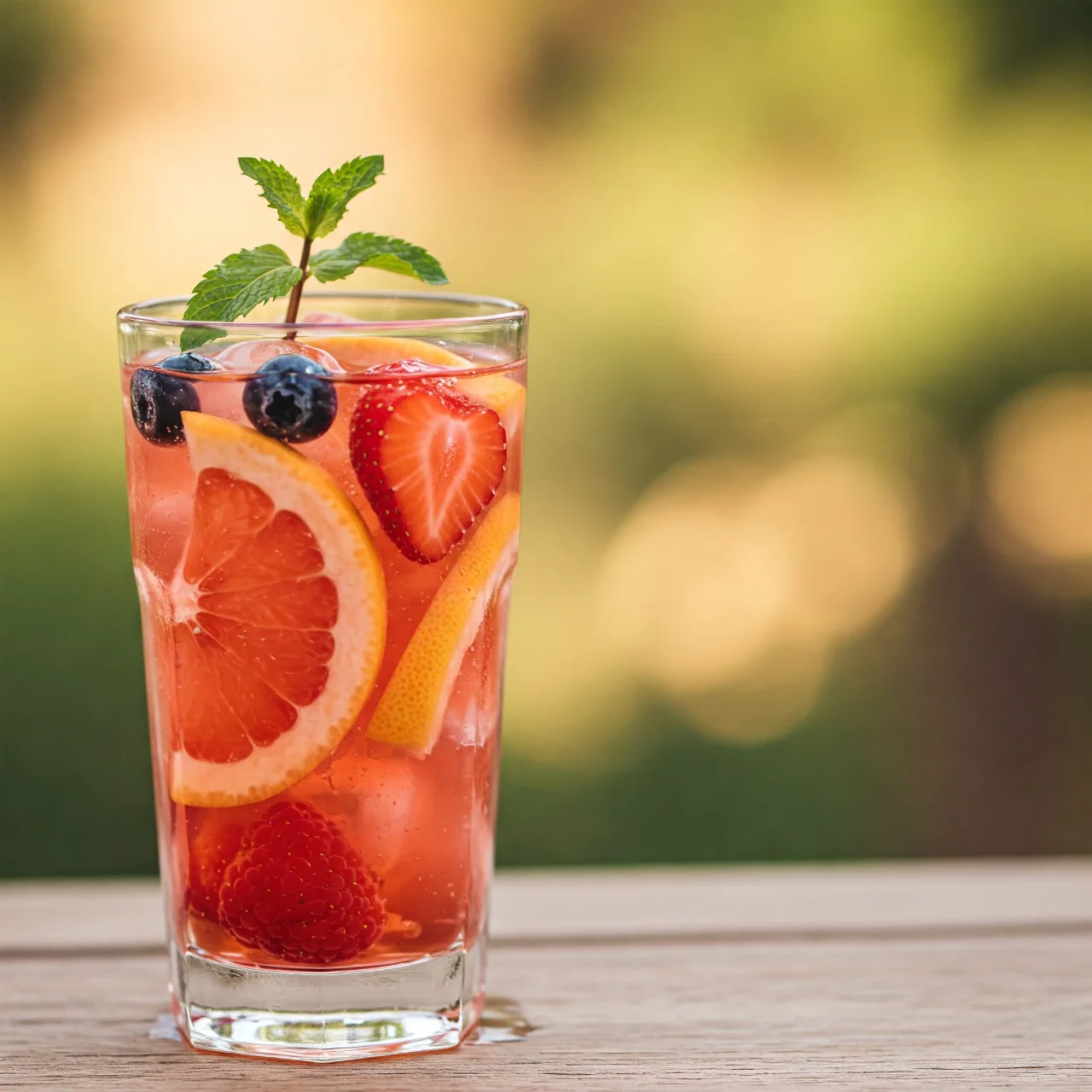
The most sustainable ingredients are those grown closest to home. This refreshing spritz celebrates whatever fruits are in season in your region, eliminating the carbon footprint of imported produce. Start with a base of sparkling water (from a refillable system, if possible) and add muddled seasonal fruits—strawberries in spring, peaches in summer, apples in fall, or citrus in winter. Enhance with locally-produced honey or maple syrup and a splash of regional spirits or vinegar for complexity. Garnish with herbs from your windowsill garden. The beauty of this sustainable beverage lies in its adaptability to what's available near you, reducing food miles while supporting local farmers. By embracing seasonality in your drinks, you'll discover new flavor combinations while significantly lowering your environmental impact.
Zero-Waste Citrus Cooler: From Peel to Pulp
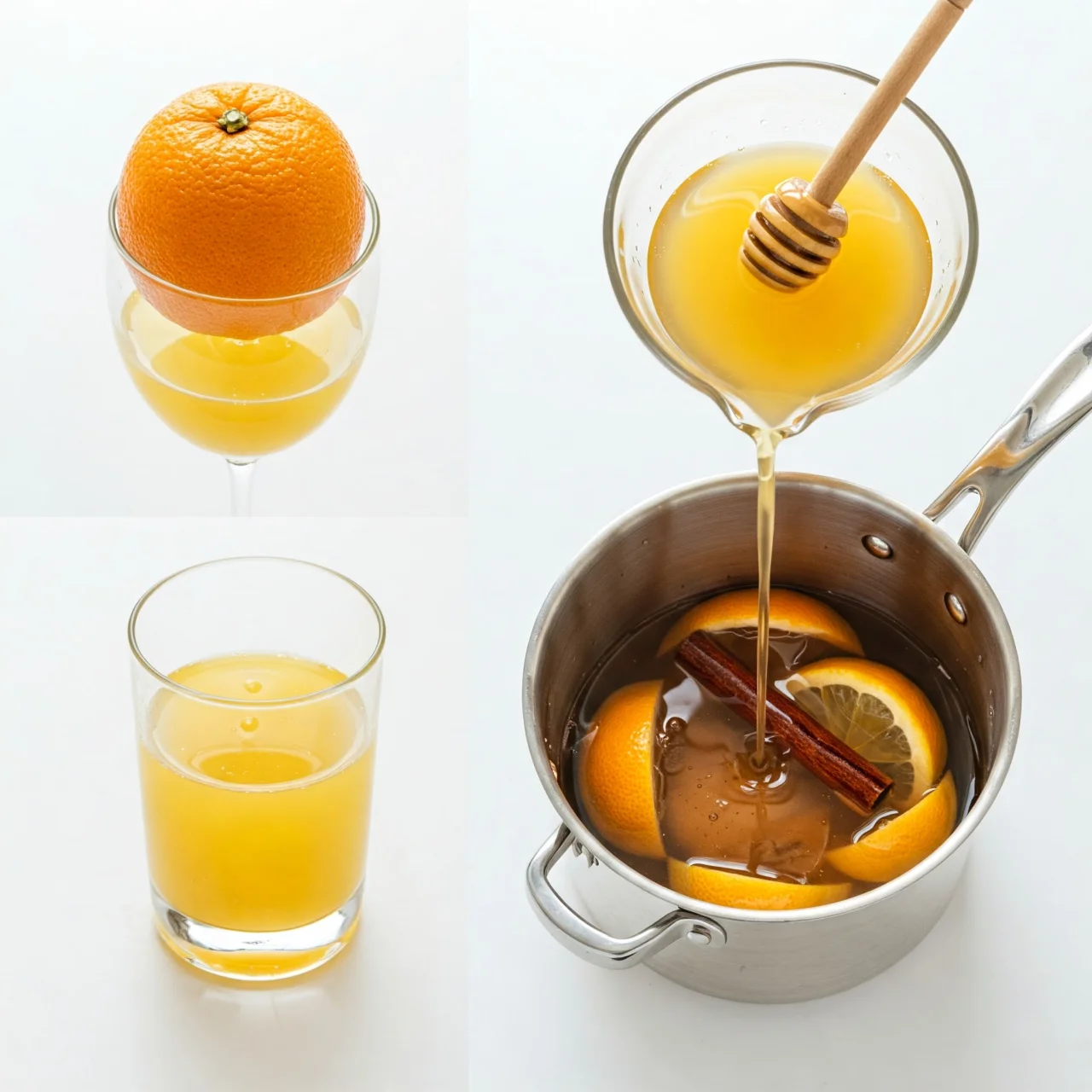
Citrus fruits often leave behind a trail of waste, but this ingenious cooler utilizes every part of the fruit for maximum sustainability. Begin by zesting organic citrus (lemon, lime, orange) and reserving the peels. Juice the fruits and combine with filtered water and a touch of honey or agave. Meanwhile, simmer the reserved peels with water and a cinnamon stick to create a fragrant syrup. Strain, cool, and add to your juice mixture. The spent peels can then be dried and used as fire starters or composted. Serve over ice made from collected rainwater or leftover cooking water from vegetables (cooled and filtered). This eco-conscious cocktail transforms potential waste into flavorful components, embodying the circular economy approach that's essential for sustainable beverages in 2025. It's proof that zero-waste drinking is both practical and delicious.
The Foraged Fizz: Wild-Harvested Botanical Elixir
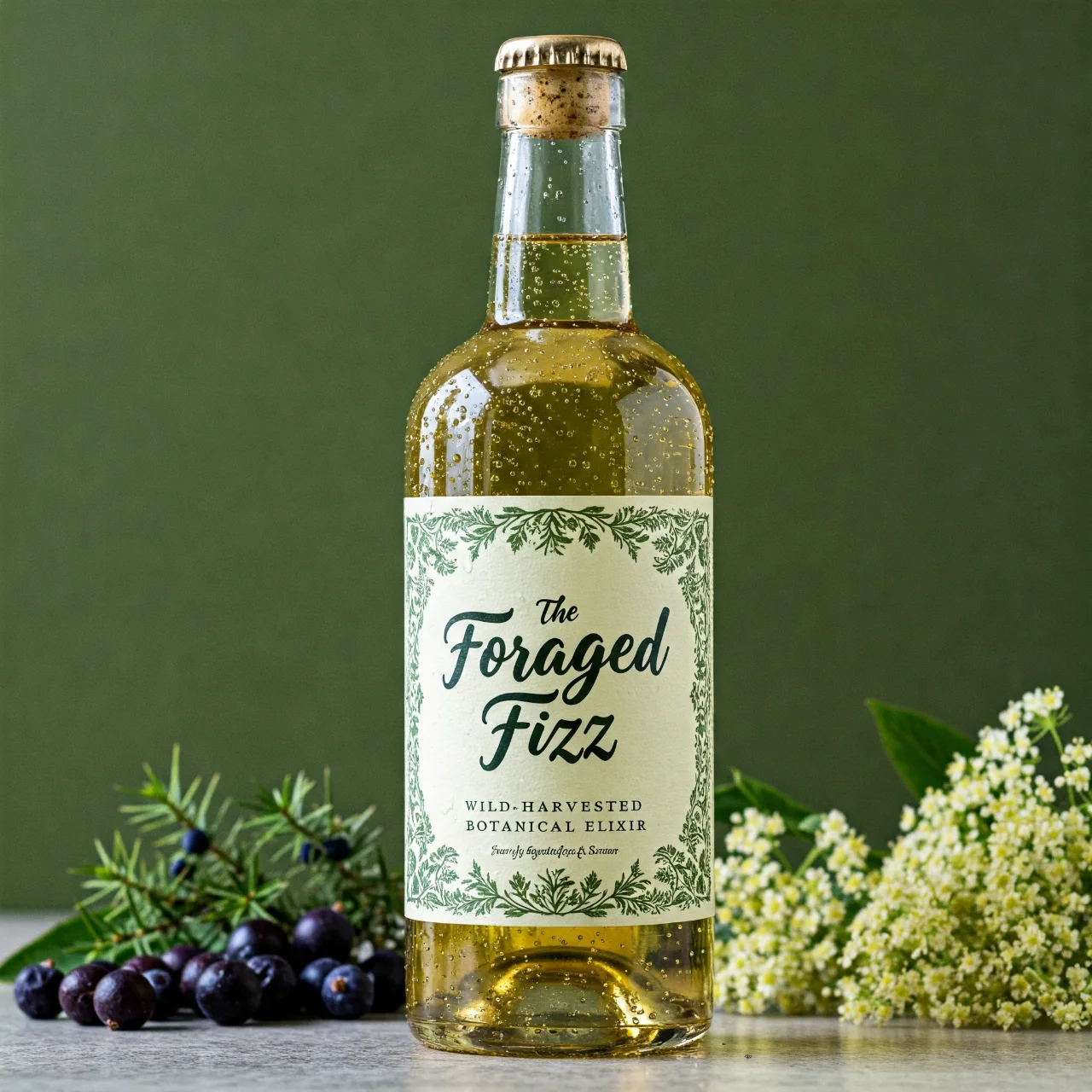
Reconnect with nature while creating the ultimate low-impact drink. The Foraged Fizz features ethically wild-harvested ingredients from your local environment—think dandelion flowers, pine needles, elderflowers, or wild berries, depending on your location and season. Create an infusion by steeping your foraged finds in hot water, then cooling and straining. Carbonate using a home carbonation system (avoiding single-use bottles) and add a splash of local spirits if desired. This sustainable beverage not only eliminates packaging waste but also deepens your relationship with your local ecosystem. Remember to harvest responsibly: never take more than 10% of a plant, identify species with certainty, and avoid areas with potential contamination. The resulting drink connects you to ancestral traditions while creating a truly unique, environmentally friendly drink with zero food miles.
Upcycled Fruit Shrub: Transforming Kitchen Scraps
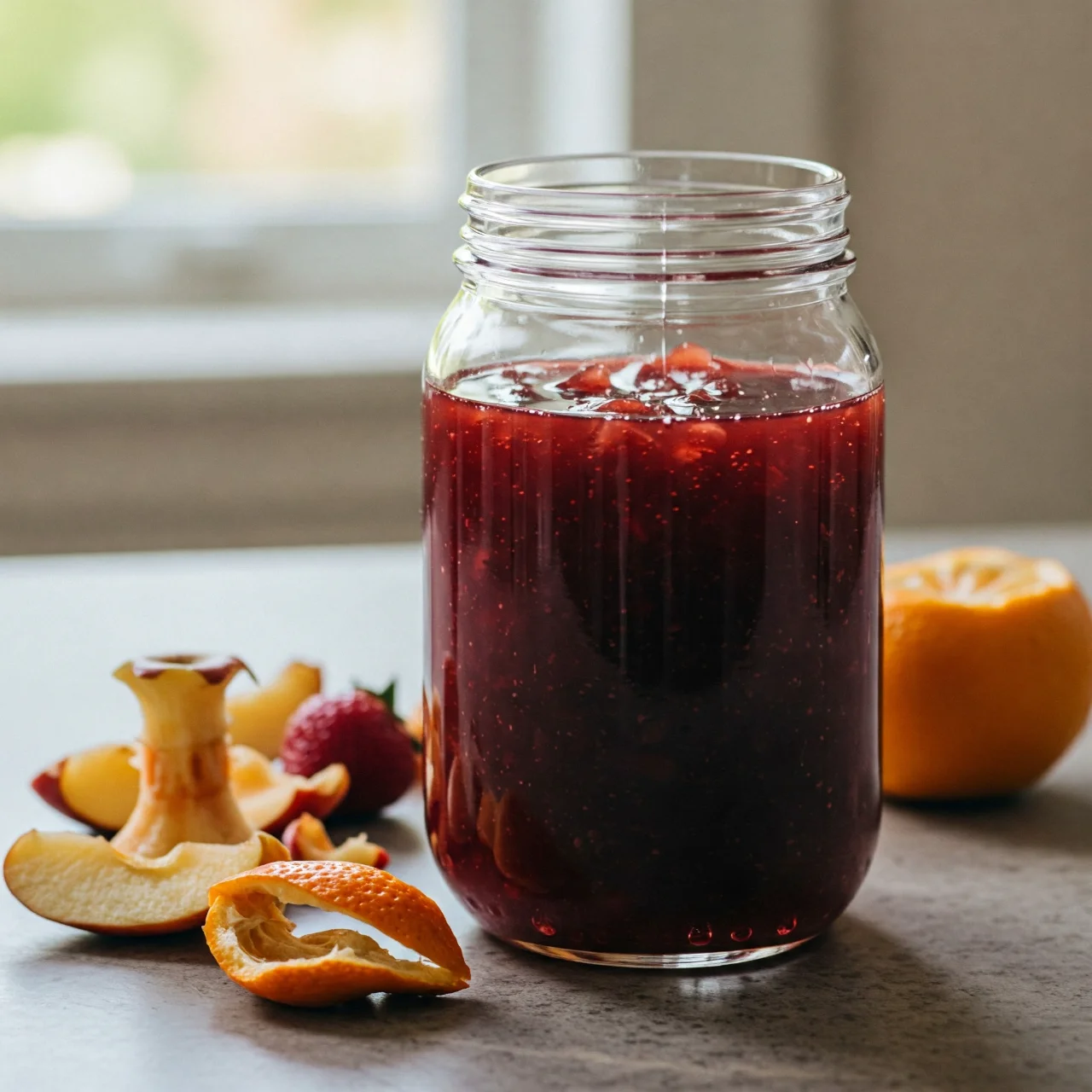
This sustainable drink recipe rescues fruit scraps that would typically end up in the trash. Save apple cores, berry tops, watermelon rinds, or slightly bruised fruit throughout the week (store in the freezer). To make the shrub, combine these scraps with equal parts raw apple cider vinegar and sustainable sweetener (local honey or organic fair-trade sugar). Let steep for 2-3 days, strain, and refrigerate. This concentrated syrup becomes the foundation for countless eco-friendly drinks—just add sparkling water, herbs, or a splash of spirits. The process extends the lifecycle of your produce, reducing food waste while creating a probiotic-rich beverage with complex sweet-tart flavors. In 2025's sustainability landscape, this approach to upcycled beverages represents the creative problem-solving needed to transform our food systems. Plus, the resulting drinks offer impressive depth of flavor impossible to find in commercial alternatives.
Solar-Steeped Sun Tea: Harnessing Clean Energy
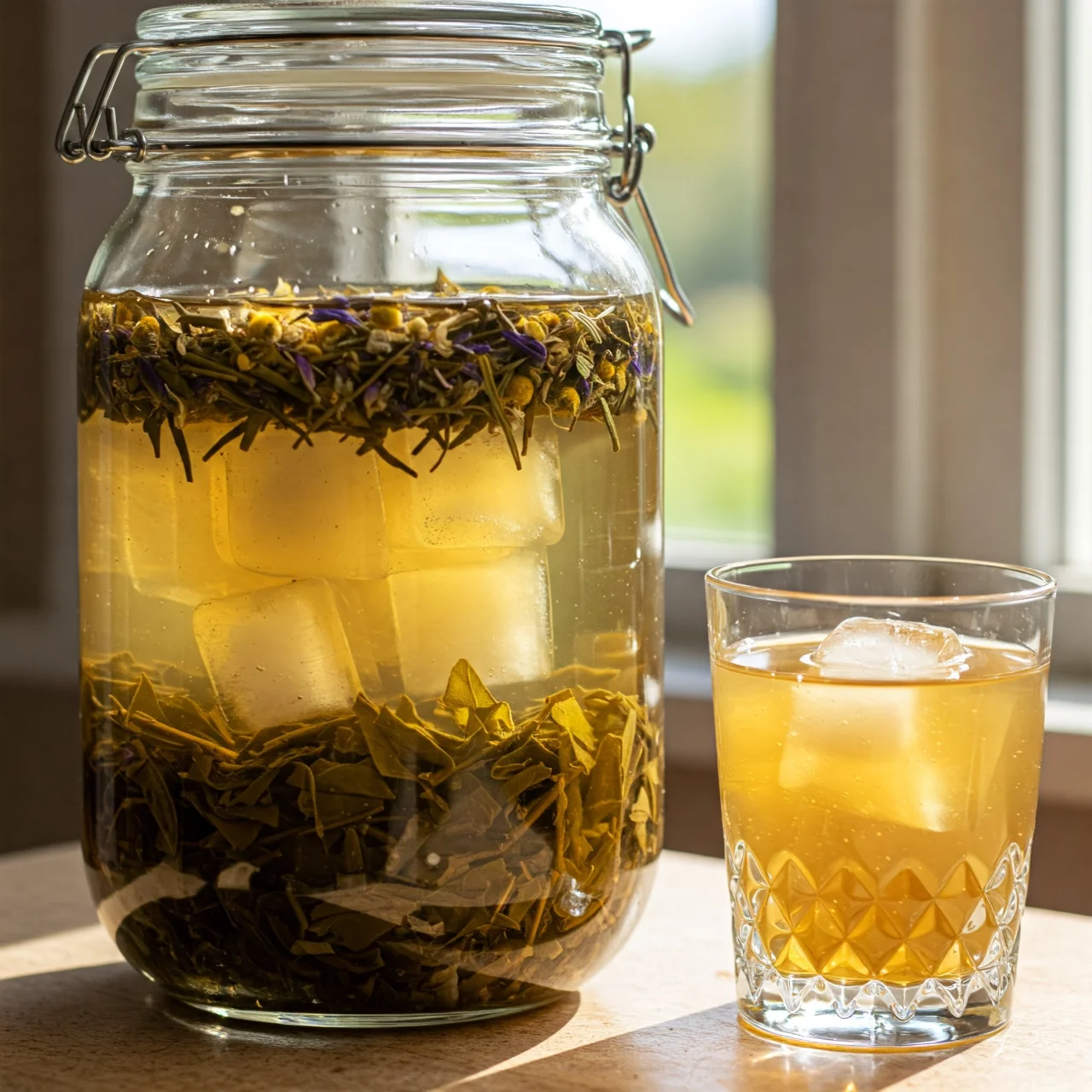
Embrace renewable energy with this zero-emissions preparation method that creates a beautifully nuanced tea using only the sun's power. Fill a glass jar with filtered water and add loose-leaf tea from sustainable sources (look for Rainforest Alliance or Fair Trade certifications from climate-resilient regions). For additional flavor, incorporate dried herbs from your garden or local farmers' market. Cover and place in direct sunlight for 3-6 hours, allowing solar energy to slowly extract the flavors without requiring electricity or gas. Once steeped, refrigerate and serve over reusable ice cubes. This earth-friendly drink eliminates the carbon emissions associated with boiling water while creating a smoother, less bitter brew. The gentle extraction process preserves delicate flavor compounds that rapid boiling might destroy. In 2025's energy-conscious world, this method represents how even our smallest daily rituals can align with environmental values.
Kombucha Revolution: Sustainable Home Fermentation
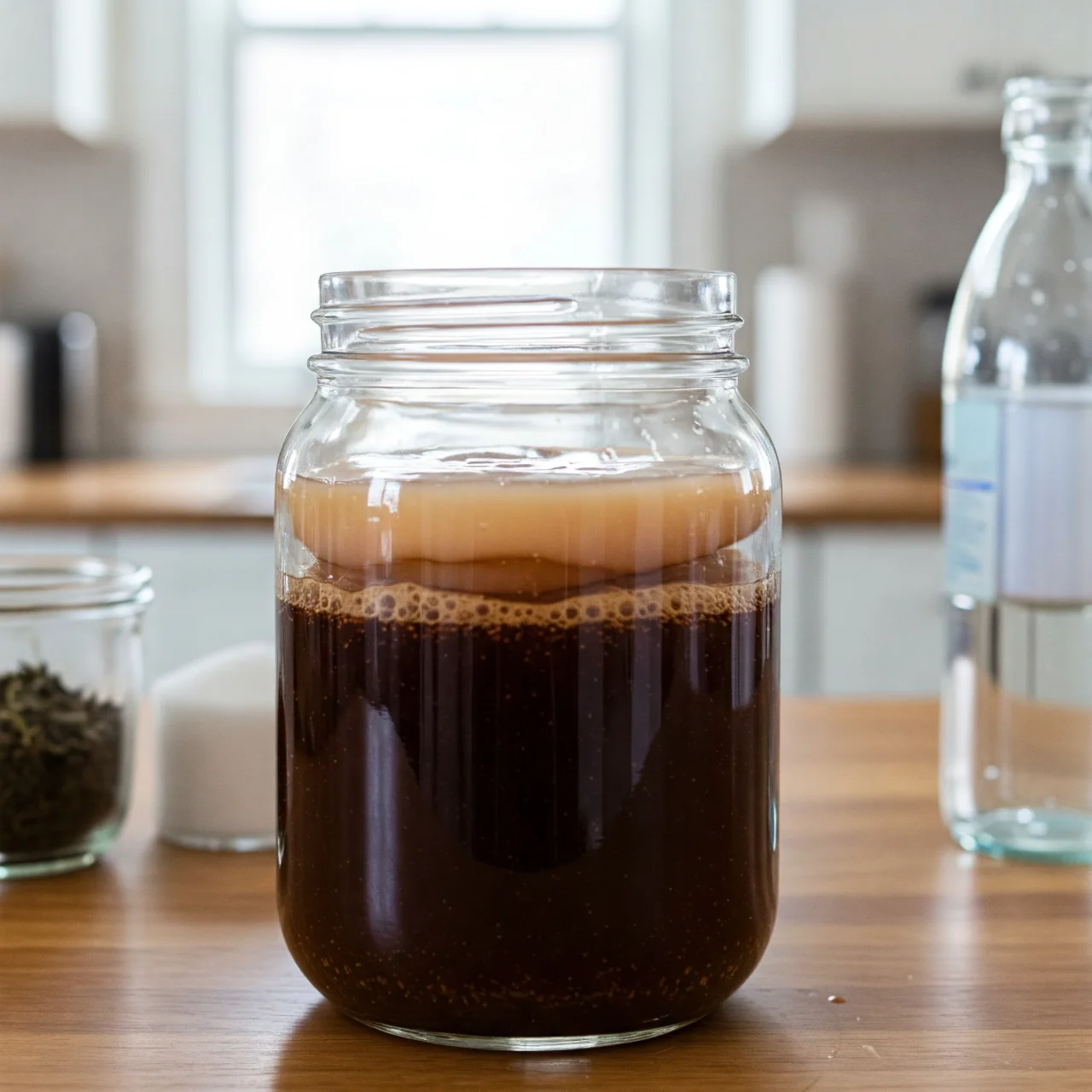
Brewing kombucha at home represents the perfect closed-loop sustainable beverage system for 2025. Start with a SCOBY (Symbiotic Culture Of Bacteria and Yeast) from a friend or local source to avoid shipping. Brew organic black tea using energy-efficient methods, then add fair-trade or local sweetener. The fermentation process creates a probiotic-rich drink while generating new SCOBYs you can share within your community, extending the sustainability benefit. Flavor with seasonal produce, herbs from your garden, or even food scraps like citrus peels or ginger pulp from other cooking projects. The resulting eco-conscious cocktail base can be carbonated naturally through secondary fermentation in reusable bottles. This system eliminates packaging waste, supports regenerative agriculture, and creates a network of shared resources—hallmarks of truly sustainable food systems. Plus, the endless flavor possibilities make this one of the most versatile green drink recipes in your repertoire.
The Low-Carbon Cocktail: Climate-Conscious Mixology
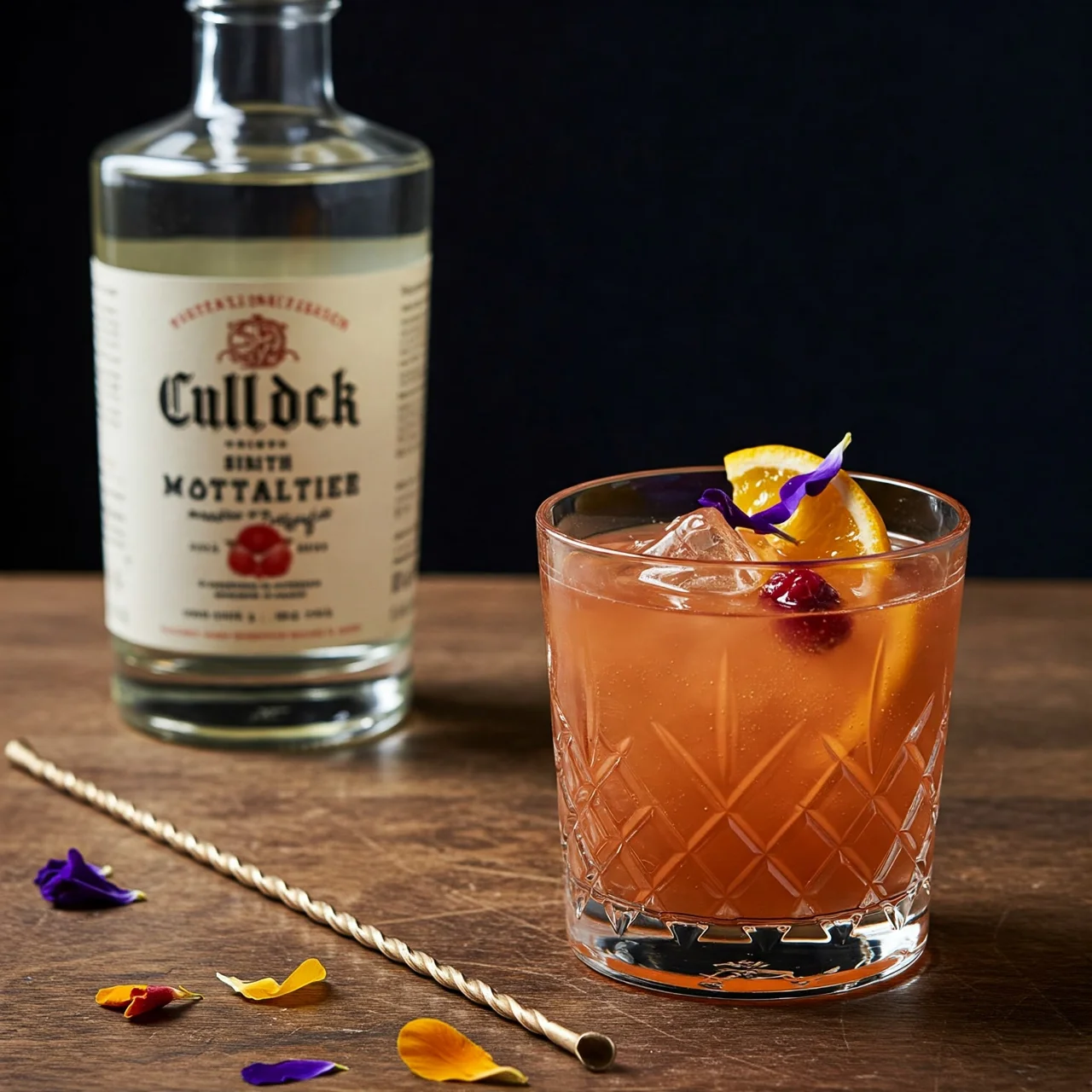
This sophisticated sustainable bar recipe reimagines classic cocktails through a carbon-footprint lens. Start with spirits produced using climate-friendly agricultural practices or innovative carbon-capture distilling methods (many craft distilleries now prioritize these approaches). Skip imported liqueurs in favor of homemade infusions using local ingredients. Replace tropical fruits with regional alternatives that mimic similar flavor profiles—think pawpaw instead of banana or local berries instead of imported citrus. Use sweeteners from regenerative agriculture sources and garnish with edible flowers or herbs from your garden. Serve in vintage glassware for zero-waste elegance. This environmentally friendly drink demonstrates that conscious consumption can be luxurious and celebratory. By educating yourself about the climate impact of different spirits and ingredients, you'll develop a repertoire of low-carbon cocktails that satisfy both your taste buds and your environmental values.
Cheers to Sustainable Sipping!
As we've explored these seven eco-friendly drink recipes, we've discovered that sustainable beverages aren't just good for the planet—they're often more interesting, flavorful, and connected to place than their conventional counterparts. By embracing seasonal ingredients, reducing waste, and rethinking our approach to drinks, we contribute to environmental solutions with every sip. The beauty of these sustainable sips lies in their adaptability—start with these recipes, then let your creativity and local resources guide your next creation. Small changes in our daily habits create ripple effects throughout the food system. Share these recipes with friends, experiment with your own sustainable variations, and continue seeking ways to reduce the environmental impact of everything you consume. Together, we're crafting not just better drinks, but a better world for 2025 and beyond. Here's to a greener, more delicious future—one glass at a time!
Comments
Loading comments...